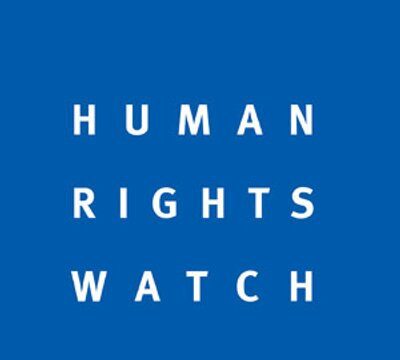Sierra Leone’s parliament recently passed significant legislation, the Prohibition of Child Marriage Bill 2024, marking a pivotal step towards banning child marriage in the country. The new law criminalizes marriage for individuals under the age of 18, aiming to safeguard girls from a harmful practice that has long infringed upon their rights and impeded their growth and development.
Child marriage remains a prevalent issue in Sierra Leone, with alarming statistics showing that 30 percent of girls and 4 percent of boys are wed before reaching the age of 18, particularly prevalent in rural regions. Approximately 800,000 girls in Sierra Leone are currently married, with half of them being married off before the age of 15.
The prevalence of child marriages contributes to the high rate of adolescent pregnancies in Sierra Leone, where pregnancy-related complications tragically stand as the leading cause of death among girls aged 15-19.
The newly enacted law prohibits all forms of child marriage and cohabitation with a child, including any involvement in aiding and abetting such practices. It prioritizes the best interests of children, ensures access to counseling and protection for affected girls, and amends existing legislation to create a comprehensive legal framework that addresses the cycle of early marriage and its detrimental impacts.
READ MORE: President Tinubu Approves Upgrade Of Ibadan Airport To International Standard
This legislation aligns with Sierra Leone’s commitment to safeguarding young girls from marriage and overcoming barriers to girls’ education. In 2023, a new education law was passed, guaranteeing 13 years of free education for children, including preprimary and secondary education.
The “Hands Off Our Girls” campaign led by the First Lady has played a crucial role in advocating against child marriage and promoting gender equality and child protection in Sierra Leone.
Sierra Leone’s government is now tasked with raising awareness, particularly in rural areas, about the new law and the adverse effects of child marriage. Efforts should also be directed towards addressing other harmful practices associated with child marriage, such as female genital mutilation. Collaboration with local communities, NGOs, and international organizations is essential to conduct public campaigns on the detrimental impacts of child marriage and provide support services for married children and those at risk of child marriage.
Moving forward, the government must continue its focus on ensuring girls’ education, while simultaneously developing sustainable economic opportunities and social programs that empower girls and their families. This legislative milestone in Sierra Leone sets a positive example for other African nations, encouraging them to revoke laws permitting child marriage and prioritize girls’




